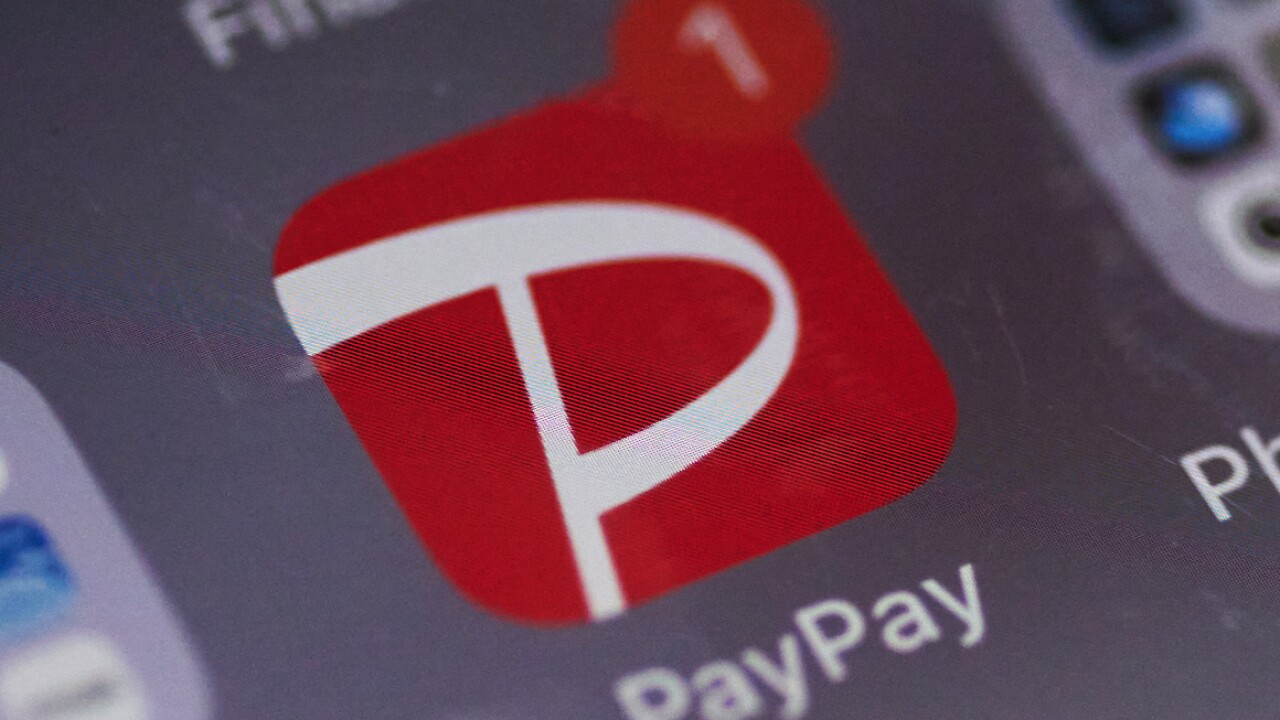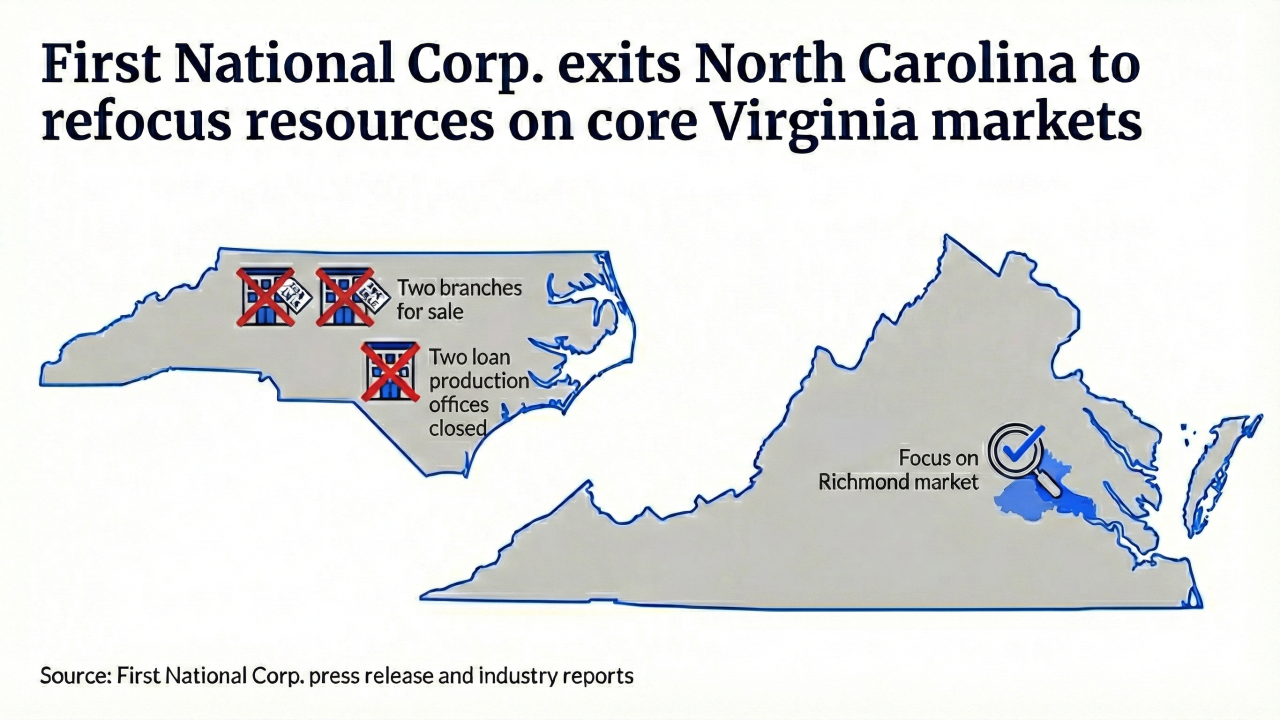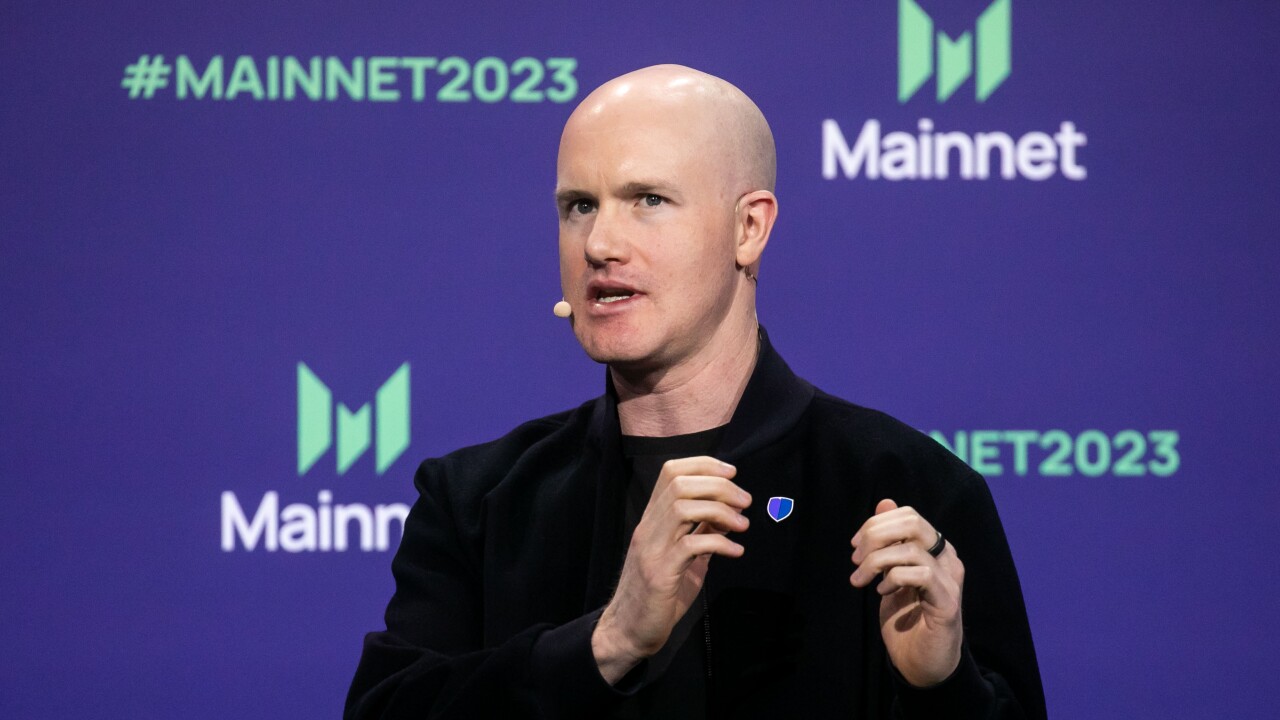JPMorgan Chase & Co., the nation’s largest bank by assets, will pay $100 million to settle a California lawsuit alleging it used illegal methods to collect debts from more than 125,000 credit card holders.
The deal announced Monday settles a 2013 lawsuit brought against Chase by California Attorney General Kamala Harris and follows a
Chase agreed to change practices that the state said violated California law and led the company to file thousands of debt collection lawsuits between 2008 and 2011. They include collecting incorrect amounts, selling bad credit card debt and running what Harris' office calls a debt collection mill that "robo-signed" court documents.
The California settlement adds to what already has been a substantial payout for the bank. Between customer restitution and penalties paid to California, other states, the Consumer Financial Protection Bureau and the federal Office of the Comptroller of the Currency, Chase is out more than $250 million so far.
The latest settlement includes reimbursing military members in California in cases where the company improperly obtained default judgments. California officials said the bank failed to check if customers were on active military duty but falsely swore it had done so.
"This settlement provides real relief to tens of thousands of Californians, including servicemembers, and prevents JPMorgan Chase from continuing these deceptive and illegal debt collection practices," Harris said in a statement.
Harris said the company frequently "robo-signed" legal documents including sworn declarations without first reviewing the files as it rushed to obtain court judgments and wage garnishment orders.
The state said the company provided 30,000 robo-signed sworn statements backing lawsuits filed by outside debt collectors. Those accounts were often inaccurate or not collectable because the debt had been settled, discharged in bankruptcy or wasn't owed, the state said.
The settlement, which still needs court approval, calls for Chase to pay $50 million in penalties to the state and $50 million in restitution to customers who were the victims of its collection practices, something the bank agreed to do in a larger settlement it reached this summer with 47 states and the Consumer Financial Protection Bureau.
Chase also has agreed, both in the national and California settlements, to a list of conditions governing how it can collect debt or sell consumer debts to outside collection companies.
The bank, for example agreed to make sure that its contracts with debt buyers prevent them from going after consumers unless they have all the information needed to prove their debts exist
Ira Rheingold, executive director of the National Association of Consumer Advocates, said banks often provide debt buyers with incomplete or inaccurate information, but often are still able to collect because consumers either don't know their rights or are not able to fight in court.
Rheingold believes the settlement should warn banks that the kind of lapses alleged in the California case are likely to face more scrutiny from regulators.
Chase neither admitted nor denied wrongdoing in the settlement and the bank has said the cases target practices that the bank stopped years ago.





